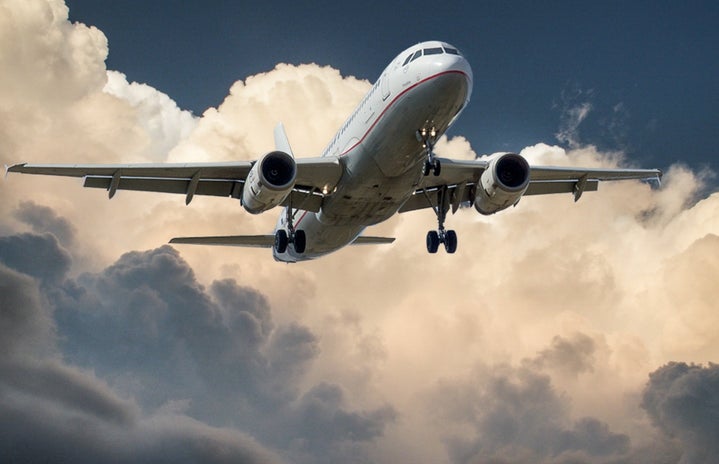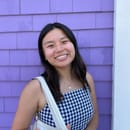I begrudgingly admit: all the cliches about finding yourself while abroad are true.
Every time I think about my semester abroad in Singapore, I’m awe-struck by the memories: the twinkling light shows at Garden by the Bay, the commotion and clamour of hawker centres, the metropolitanism; sticky-sweaty humidity in the green rainforest, wild monkeys and chickens roaming campus, fresh fruit juice sold around each corner. In the span of four months, I travelled to six countries, connected with people from around the world, and found home in a place that couldn’t be farther from my house.
Growing up in a white, rural community shaped me to think and act like a white person – in part by choice, and in part to survive. My experience living in Asia as part of an exchange community connected me to a part of myself that had long been shoved away and ignored.
In Singapore, I was part of the majority for the first time in my life. Others understood me – and I understood myself – in a way I had never experienced before. Practising the language of my ancestors connected me to them when I once lacked the courage to try. Food, interwoven with cultural significance, acted as a portal to my history and heritage. The curt but earnest demeanour of aunties and uncles made me feel at home in a way that even the kindest of elderly Canadians never quite have. I created lifelong friendships with other children of immigrants, and we exchanged stories about the intergenerational trauma that is so prevalent in our culture and about the pressure to live up to our parents’ sacrifices. Through conversations and many, many meals on the other side of the world, I came to embrace my Asian-ness – and my in-between-ness.
Amidst the development of this new self-acceptance, I became increasingly aware of my identity as both an ethnic majority and foreign exchange student in a seemingly utopian city-state. I understood to a fuller extent what it feels like to have privilege, and the ease with which privilege allows you to turn a blind eye to the adversity of others. I thought a lot about class, inequality, and meritocracy, asking myself questions: Does my positive experience of self-discovery come at the expense of others? Are my travels perpetuating the exploitation of non-western cultures and histories for personal leisure?
I don’t have good answers to these questions, but here is my biggest takeaway:
During a trip to northern Thailand, my friends and I stumbled upon a street celebration of Songkran, a water festival marking the Thai new year. Locals, who were mainly middle aged, and all drenched in water, danced around to traditional music with clothes stuck to their bodies, swaying and laughing while hoses sprayed water everywhere. Their unadulterated joy was infectious, so we decided to join in. My friend was immediately pulled in by the crowd and welcomed with a wet hug, water poured down his back, and a shot of white whisky. From there we all joined, getting soaked to the bone one by one as we ventured into the heart of the celebration. We didn’t know Thai and they didn’t know much English, but it didn’t matter – we all danced and smiled together. One lady, who looked to be around the age of my mother and who was dressed in a batik sarong and conical hat, enveloped me in a long hug. After pulling back to meet my gaze, she said, in a thick accent:
“Happy. Good feeling. Good feeling.”
We didn’t know each other, nor did we think in the same language – but in that moment, we knew we shared something special. I will always remember that woman.
Reflecting on beautiful experiences puts into perspective what makes them so beautiful: connecting with people, even – especially – across barriers and differences. It’s kind of funny how travelling all the way across the world makes you figure out that life is about the little things.
If you are considering studying abroad, do it. And while you’re there, breathe, feel, and reflect. Make it your own, and take it all in. Embrace the good feelings, the uncomfortable feelings, and everything in between.
I strongly encourage you to go somewhere that will challenge yourself, and at the same time, make you feel more like yourself. I’m so happy I chose to go to Asia instead of trying to emulate the perfect European vacation I’d been romanticising since adolescence.
To Southeast Asia, and to the people I met: you are the best decision I ever made. I take you with me everywhere I go, from Australasia back to the purple sheets in my childhood bedroom, where I now sit and write.


